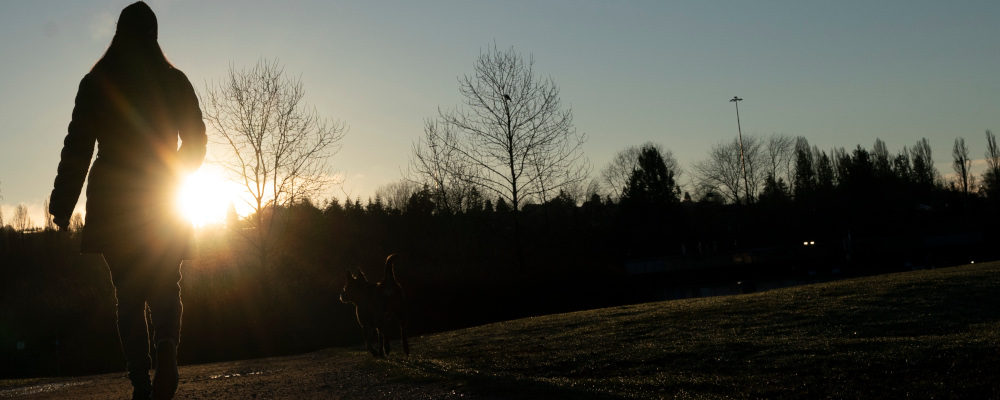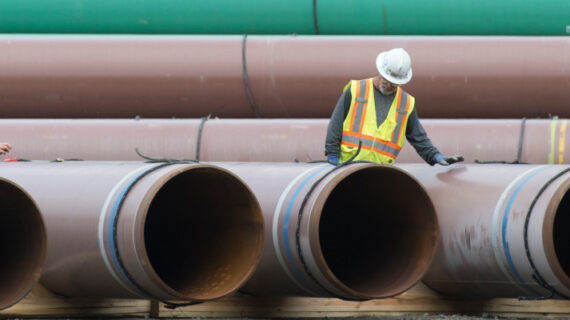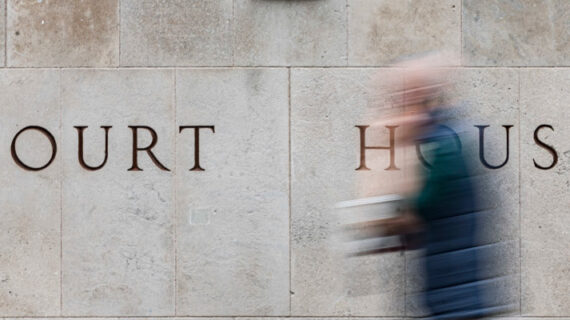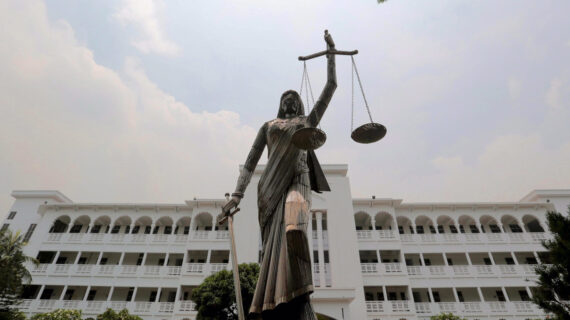Recent weeks have confirmed that Canadians will be living with the damaging effects of the pandemic on our social fabric long after the pandemic ends. Affording ample space for debate and disagreement is part and parcel of liberal democracy, but in talking about the pandemic it has often felt like we live in different universes than our fellow citizens. Worse still, it has often felt like these universes are at war.
It is hard enough to maintain social cohesion when one segment of the population calls the lifting of restrictions an overdue reprieve from tyranny and another segment calls the same decision callous and even homicidal. The situation further deteriorates when these camps shift their sights from the government to each other.
The result is often a mixture of virtue signaling, hyperbole, shouting matches, and character assassination. Social media bubbles have been vicious places of late: genuine dialogue has been the exception to the rule. And the voices of Canadians that land somewhere between the two sides described above—voices that likely constitute a solid majority of Canadians but do not make for viable clickbait—are barely heard.
Aspects of the commentary on the parked convoys and border blockades—activities that, in a country ruled by law, should either long be over by now or should have never occurred—have been a case study of this phenomenon. The microscopic and selective focus by some on the worst elements of these protests is not accidental. The result is that many Canadians and observers abroad have been left with the false and toxic impression that many (if not most) of the protestors are fueled by racism, hatred, and other odious beliefs.
The wreckage left by the pandemic in the public square and in our private lives could have been far less widespread had many politicians and governments chosen not to fan the flames of division and angst through careless rhetoric and senseless policy decisions, especially in recent weeks and months.
More contrition would have helped too. Rarely have we heard politicians or governments apologize for their errors or acknowledge their mistakes during the pandemic. Our public authorities have largely acted in good faith and with the best of intentions, but many moments along the way have called for a mea culpa. This factor alone has generated deep frustration for citizens across the political spectrum.
Many citizens, for their part, have allowed themselves to become entrenched in their pandemic opinions even when the evolving nature of the pandemic or the simple passage of time has proven them wrong. It has not helped that almost everyone has become an expert in epidemiology and public health since 2020. Humility has taken a backseat in these times. We could all use a booster of this virtue.
Humility should lead us to reflect on how we as individuals have polluted our social ecosystem in these times and make amends if possible. Countless heated debates and arguments about COVID-19 in our social circles over the past two years have caused tension and strain. Many of us have said or done things that we regret. In some cases, relationships have been severely and even irreparably damaged.
Ensnared by the clashes over how to best navigate the pandemic, many of us have become desensitized to the human cost of COVID-19. More than 35,000 lives have been lost in this country to this virus so far. Nearly six million lives have been lost worldwide. These are not statistics or data points. These are family members, friends, and colleagues who will not be here when life gets back to normal for the rest of us.
But there is, amid the wreckage, reason for hope. We increasingly have the tools, knowledge, and conditions to live normally alongside COVID-19. Vaccines, rapid testing, antiviral drugs, and sensible policies are all at our disposal, not to mention the role played by Omicron in moving us more swiftly toward an endemic. And the voices that have been the most extreme, polarizing, and misinformed for much of the pandemic are beginning to lose ground to the moderate, principled approach of charting a rather expeditious path back to normalcy without throwing caution to the wind.
There is, in this moment, far greater cause for optimism than trepidation. As we near the second anniversary of the declaration of the COVID-19 pandemic, we are in a radically different and better place today than we were in March of 2020. We should remind ourselves of that reality now and then. At times, it seems like we have forgotten how far we have come and where we stand now.
But there is one aspect of that March that we should rediscover. The solidarity, goodwill, and unity of purpose that marked the early days and weeks of the pandemic are needed again to help bridge the divides that the pandemic has created. We have come together before—all of us—to confront the challenges posed by COVID-19. If we can do it again, brighter days surely lie ahead.




